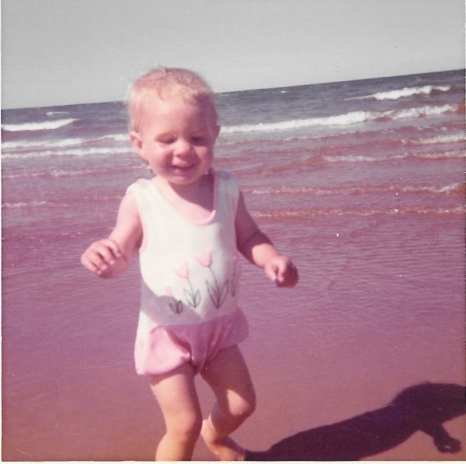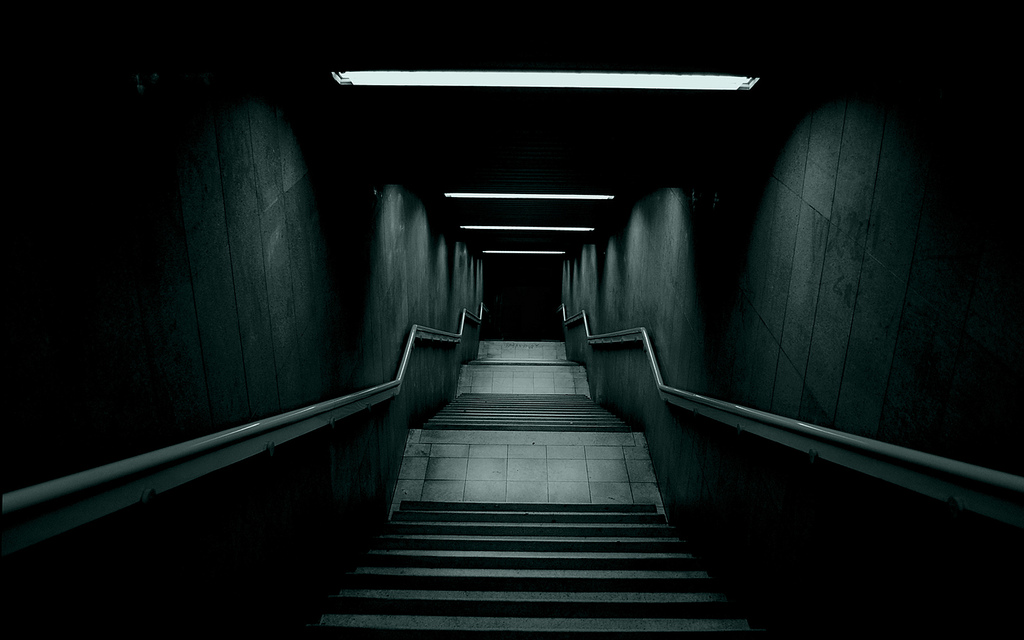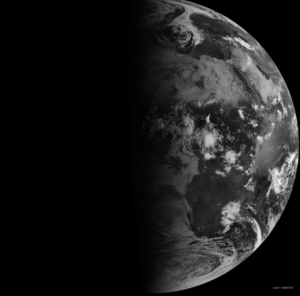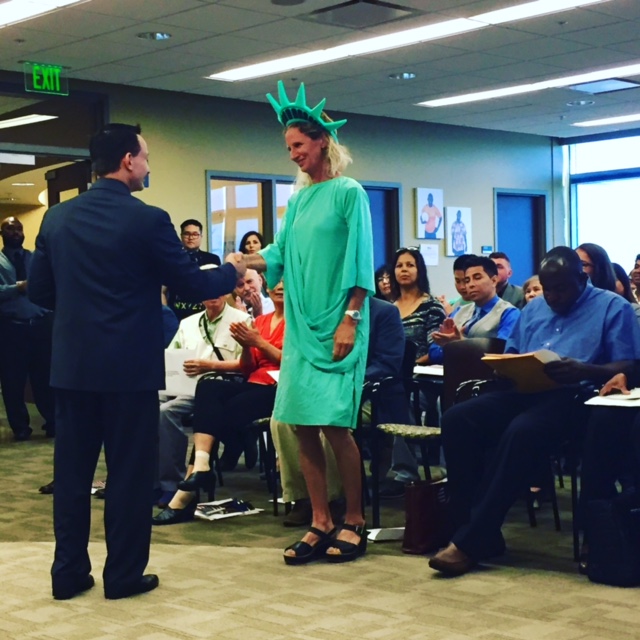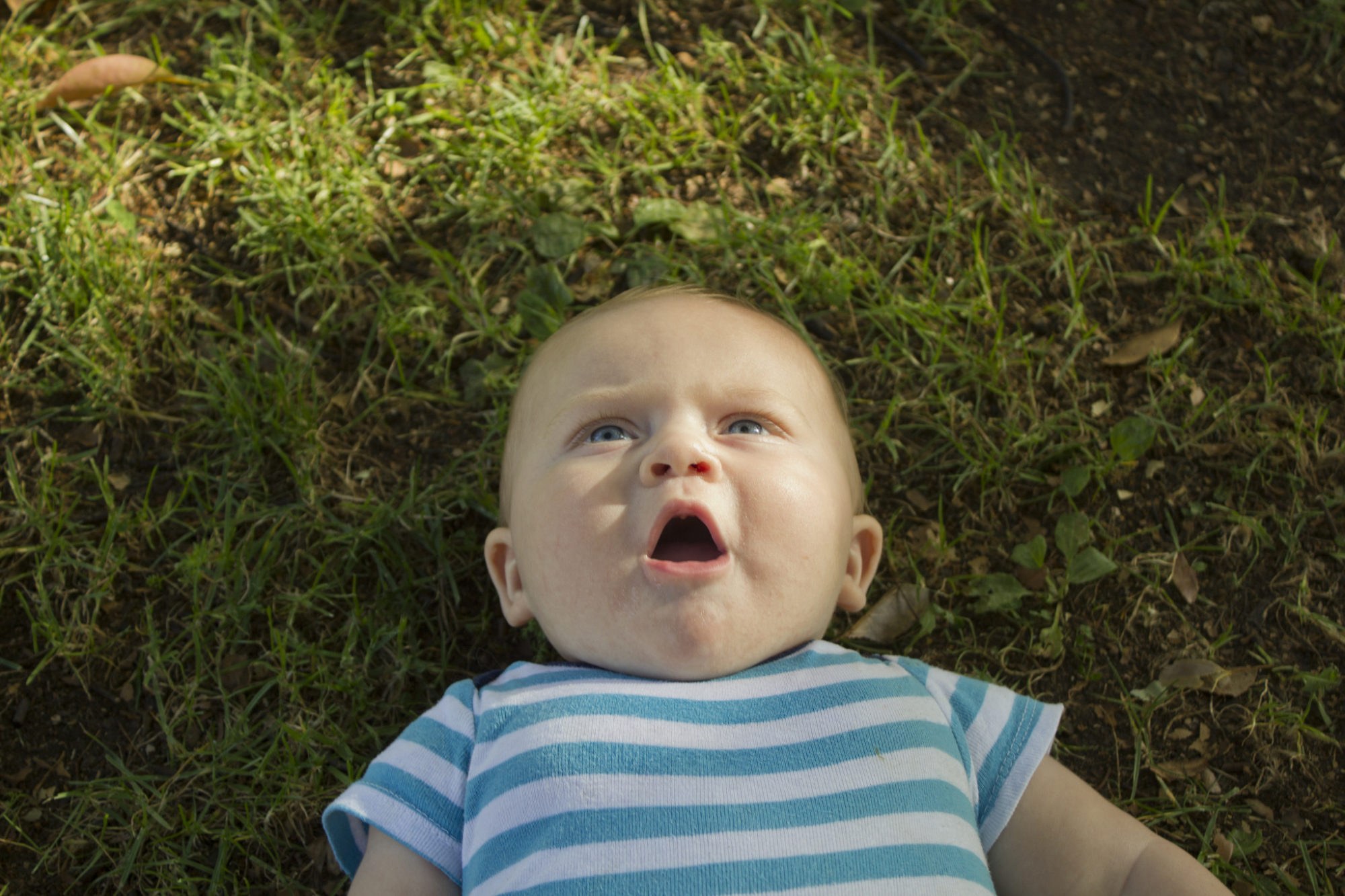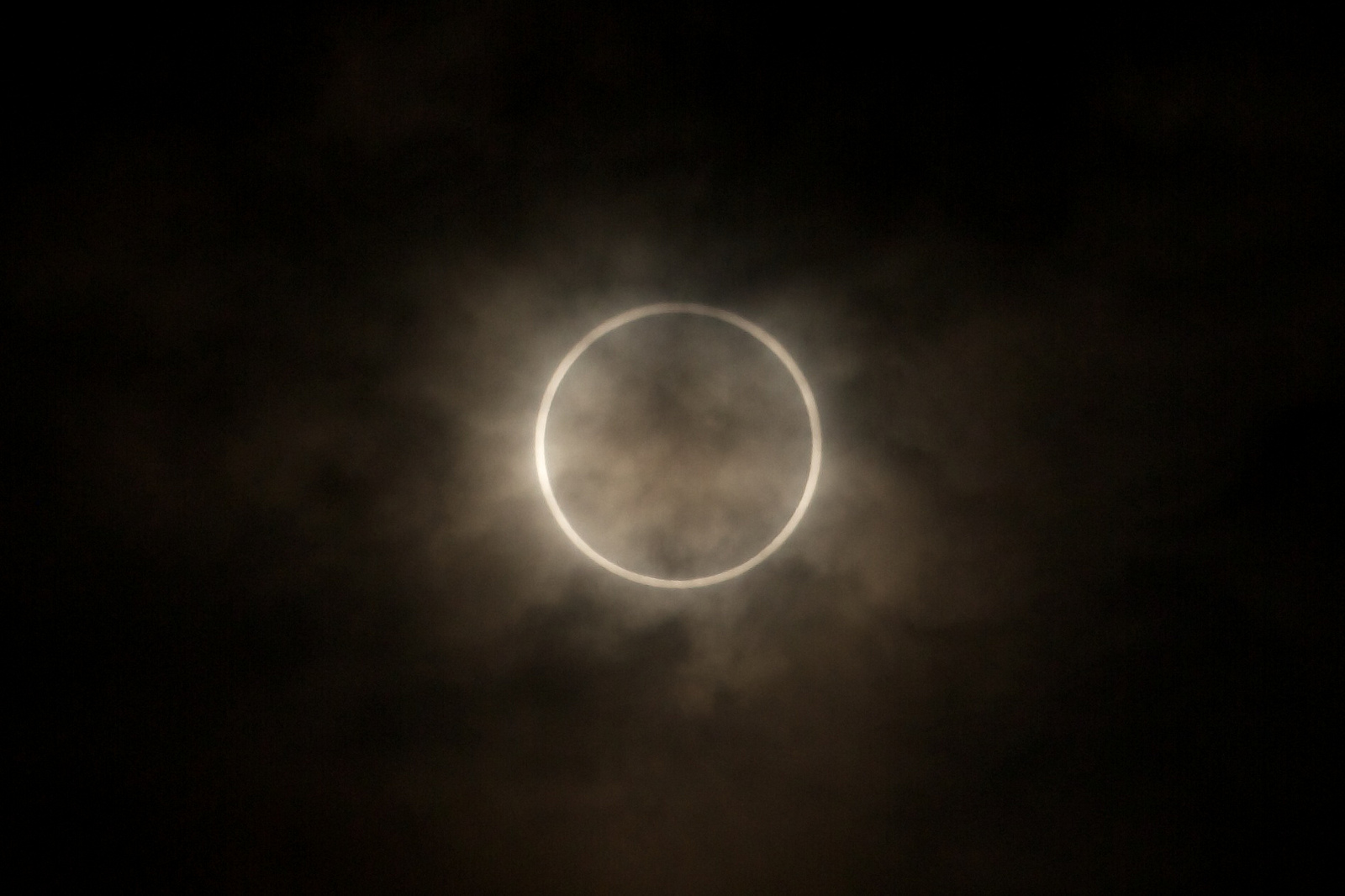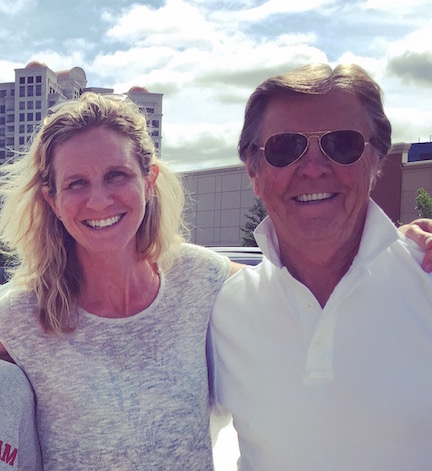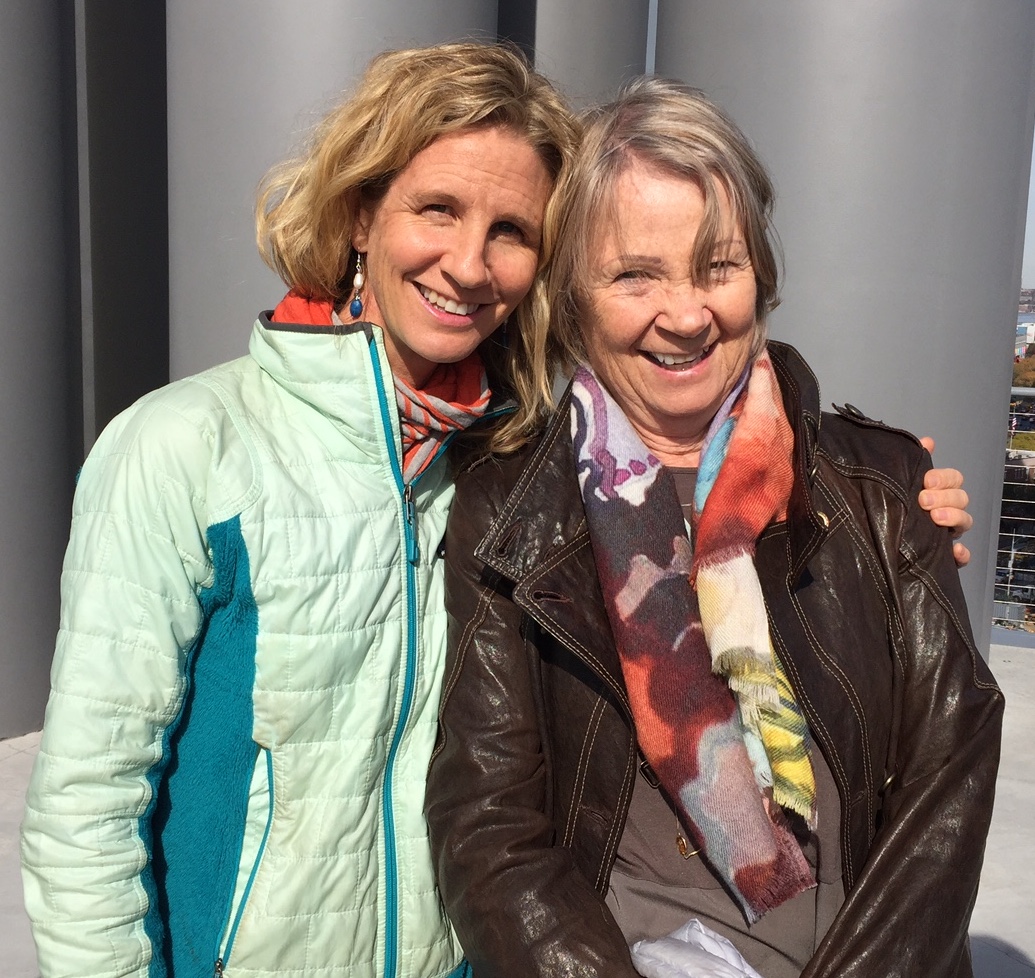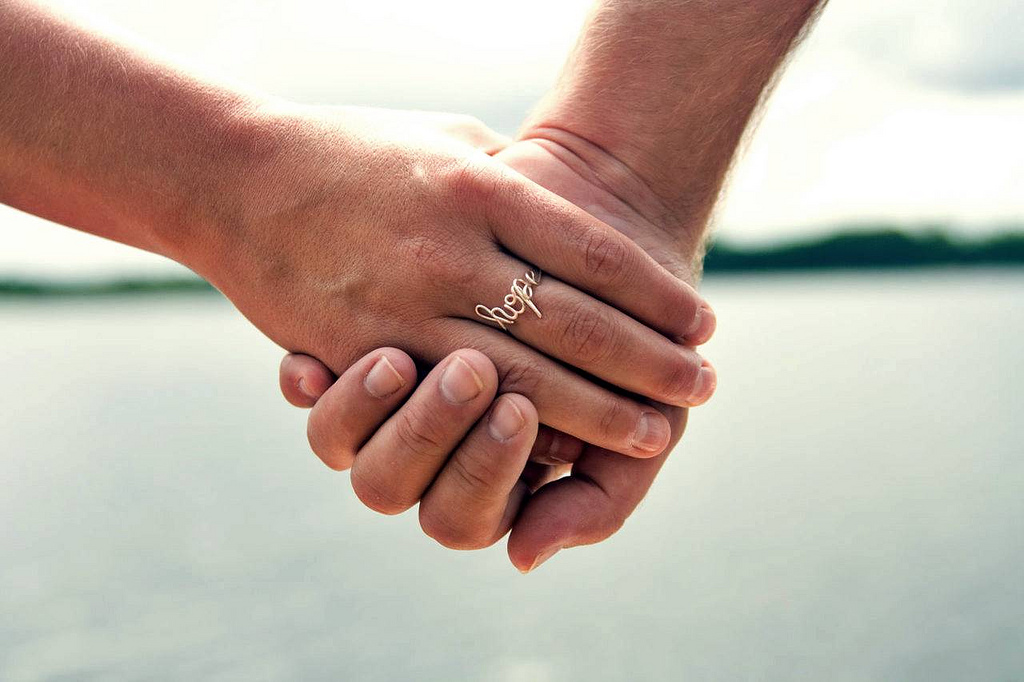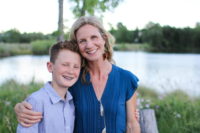I post these entries as a form of thank you; your words have nourished me. May mine give you back some of that love. In my life, I choose expression over rumination and worry. These 30 days mark a significant time for which I am grateful: before and after the multiple surgeries to remove a skull-base tumor. These musings are intended to honor the end of that time and the beginning of a second phase: radiation therapy and many new unknowns. SV:* means Small Victory. I recorded one each day.
7.29.16 Holiday Inn, Boston, MA.
Just completed a 12-hour day of pre-operative tests. In the MRI machine, the metal coils vibrated so loudly I felt like my body was ringing inside the bells at Notre Dame Cathedral in Paris. I let it ring this question out of me:
If you come out of these surgeries unscathed, with a full life ahead of you – How are you going to live? Would you do anything differently?
7.30.16
In the past seven nights, I have slept 3-4 hours a night. I wake up because of the pounding headache at the base of my skull and then I spin in thoughts, wondering if I am going to die, or worse, be horribly debilitated. Anyway, I should be exhausted. I should be dragging my body around like a bag of potatoes, but instead I feel energized. It must be from all this support flooding in from everywhere. I feel lifted and light.
I have had a magnificent life – but I put off for too long my desire to write and make my writing public because I was afraid of these two unanswerable questions: How will I make money at writing? And: Would anyone care about what I have to say? The answers don’t matter to me anymore. I feel motivated to write now because I know I will regret it if I don’t and because I am less afraid with each wave of support.
I can’t help but think everyone needs to feel this outpouring of love. Why do we hold back? I have said I love you more in the past few weeks than I have said it all year and I have heard it said back to me so often that it feels like “I love you” is my first and “Susie” is my last name.
7.31.16
You know what you think about when the possibility of dying is this close?
LOVE: You cycle through everyone you have ever loved and still love.
You don’t think about work – but you do think about people from work.
GIVE: All the ways you still want to spread goodness in the world. I’m not kidding. The second biggest thought I have after love is give. I don’t think that’s unique. My guess is it’s human. We derive pleasure from giving.
8.1.16
Surgery day. I am up at 4am, banging on the locked doors of a church on the corner. I want to go in and light a candle. Kurt points out that it’s not a church, but an apartment building. We run to hide in the bushes in case we’ve woken someone up. We buckle over, laughing.
8.2.16
Wake up in the Intensive Care Unit after 34+ hours of surgery. I notice faces of everyone I have ever known appearing and disappearing before my eyes. I can’t talk – my throat feels like I have swallowed a truck. I can’t swallow. Is this normal?
Dr. Al-Mefty comes in and tells me Kurt has been sitting in the waiting room for 36 hours.
I want to ask if it’s over.
“It’s done,” says my doctor, reading my mind.
“Rest now.”
Wake up again and there is my former neighbor in Vermont standing over me. He is a doctor in this hospital.
“I come bearing gifts,” he says.
He hands me a gallon of maple syrup, a bag of potatoes, and a bag of garlic.
I laugh, or try to laugh, but it is way too painful to laugh. Still, I am smiling.
8.3.16 (SV*: first time standing up)
Cole is 13 today. I miss him.
I wrote him a letter before the surgeries. Here’s an excerpt: “…It feels important for me to tell you how perfect you are, as you are. From the moment you were born, you had already won our hearts. There is nothing you can do to make me love you more or love you less. You and I have been walking together since the beginning and we will keep walking together, no matter what distance separates us. Right now, you are waking up on the edge of a northern lake and I am in Boston, and I feel you as if you were sitting next to me. It’s not a connection that lives only in the physical world; it’s much wider and deeper than that, like the lake itself.”
8.4.16 (SV: moved out of ICU)
The nurses in the ICU call me the ‘Thumbs-Up Girl.’
“You ok?” Thumbs up.
“How are the pain meds?” Thumbs up.
“So they’re good then?”
I shake my head, “No.” I give the thumbs up and then push it up into the air. And up. And up. More! I am trying to say.
8.5.16 (SV: ate 2 bites of jello–first real food)
My hip hurts. I feel a scar. I point to it and play charades with my doctor to ask “Why?”
“Sorry,” says my doctor. “We had to take your Iliac Crest to put in your neck. The tumor had eroded a lot of bone back there.”
My back hurts.
“Sorry,” says my doctor. “We had to take a rib, too.”
My stomach hurts.
“Oh yeah,” says my doctor. “We needed some fat to stick the bones together. Your mother offered to be a donor. But we went with yours instead.”
8.6.16 (SV: walked a lap around the nurse’s station)
I have a roommate named Louise. She is 79 years old, recovering from back surgery. Every two hours, they wake us both up and ask the same questions:
- What is your name and birthdate?
- Where are you?
- What season is this?
I am a good student; I repeat the answers to myself so I am ready when the nurse comes. Louise, on the other hand, is heavily medicated and doesn’t seem to give a shit. I hear the nurse ask her through the curtain:
Where are you?
“Uh,” Louise answers. “In a lounge on a cruise ship?”
Every two hours, she gets the answers wrong. I can’t take it.
I yell out, “Louise! The answer is Boston!” The words, with my recovering voice, come out as a stage whisper.
Louise just says, “Is that you, Fred?”
8.7.16 (SV: brushed my teeth)
I am discharged from the hospital. Our friends Faith and John bring the kids from Vermont to help take me home. This is the first time they will see me after the surgery. Will they love me like this?
Hazel says, “You don’t look like my Mama.”
My heart breaks a little.
8.8.16 (SV: picked up a pen and wrote)
I’m watching Kurt sleep – his chest rise and fall – his thumbs hooked into his boxers like a little boy – He is lying on top of the covers, ready to wake up and help me at any moment. Today is his birthday; I am (one of) the lucky benefactors of his beautiful life.
For Kurt on his Birthday: a poem:
At midnight, my husband is awake,
his hands moving gently,
measuring out my medications.
At 2 am, he makes three trips up the stairs
to hand me water, then a straw that bends,
then potatoes and chicken
He mashes into Skittle-sized pieces with a spoon.
Now it’s 4 am and he is awake again,
holds my hand as we walk in the dark
because I can’t sleep.
We step under a giant cottonwood tree
and touch its braided bark.
I have been restless my whole life,
running up summits to see
what shiny beauty was on the other side,
but the beauty I see now is everywhere,
especially in the simple hand gestures of this man.
He finds a loose strand of my hair
tucks it neatly behind my head bandage,
holds my head in his hands,
and kisses me.
8.9.16 (SV: had stitches removed)
The pajamas I’m wearing were sent by a friend. This food I am eating was made by a former student. The book I’m reading? Given to me by another friend–a gift. Flowers: another gift. This house I’m standing in? Found because of a friend reaching out. I start to cry, overwhelmed with gratitude.
Watching the Olympics in Rio. I am so emotional lately that I cry when I watch the athletes sing their national anthems on the podium. Then I cry for the 4th place finishers. Then I cry during the car commercials. I think it’s the drugs.
8.10.16 (SV: first bath)
Super frustrated. Go to write and my head hurts and my right arm throbs with pain. It feels like I have an electric eel surging through me. I try to go on Facebook and yet all I see are people having summertime fun while I lie here. I read that my brother and friends are off to dance at a music concert and I can’t even stand up on my own. Read? Can’t concentrate. Walk? Too tired. I feel dumb and useless. It’s almost night again. I hate night time. While others sleep, I sit up in pain, unable to lie down without choking.
8.11.16 (SV: slept for 3 hours in a row!)
Kurt and I walked around the block at 1am, 3am, and 5am. This is our routine. It gets me out of my head and tires me out enough so I can face another 2 hours of trying to sleep sitting up, in a neck brace. Kurt calls me “The Ghost of Wellesley Hills” as I shuffle along the sidewalk in a long, flowing, white bathrobe and neck brace. We imagine the legend growing around the neighborhood.
8.12.16 (SV: first time wearing clothes)
Tonight I wanted to walk the dark bike path along the little creek instead of walking under the street lights. I heard the cicadas and breathed in the smell of ripe lily blossoms. I had to breathe through my fear of accidentally tripping on a homeless person – or stumbling and falling and breaking my new neck.
Breathing through the darkest patches of the path felt good. I felt the fear and the unknown as a physical place with insect sounds and flower smells. It helped me to experience and move through what I was feeling. It’s ok to feel scared. It’s ok to lean into the unknown.
8.13.16 (SV: first time walking without holding someone’s hand)
Grateful for Teza’s visit. She said to me when I was spinning in my head, “Remember: Gratitude is the ultimate protector.” Walking tonight around 2 blocks. I am grateful for these animal sightings:
- A sphinx moth – the hummingbird of the insect world
- A toad
- Cottontail rabbits
- I heard a leopard frog or was it a green frog?
8.14.16 (SV: first time I gave myself shots (heparin to thin blood & prevent clots)
My mom is here and so is my friend Cate while Kurt drives to Vermont to pick up the kids. My mom is protective as we walk slowly along the bike path. She doesn’t want me to turn too quickly and hurt my neck.
“A bunny!” she shouts, “But don’t look!”
8.15.16 (SV: off all pain meds)
The beginning of a new week. I’ve never been so happy to write “MONDAY” in my life. Because M = new week, fresh start, made it – and this limitless potential of healing that may take place in the days ahead. It also means my surgeon is no longer at a conference in Korea but back home – and Kurt is no longer in VT, but back beside me in bed – 2 giant absences that I was holding my breath during in case anything happened. But nothing happened. And now the kids are with us for good.
8.16.16 (SV: pulled off last bandaid)
Kurt and I just had a fight. When the car broke down this morning – I asked questions – Should we roll it and jump start it? Should we call a tow truck? Kurt said that every time I ask a question, I am handing over responsibility to him and I’m simultaneously telling him that I don’t have confidence in him. I need to speak up with my ideas in statements rather than questions.
He wants to hear me say, “You’ve got this. I know you’ve dealt with cars before – you’ll figure this out.” But it’s a communication thing; I ask questions to feel like I am brainstorming in the moment and working together. What he made clear is that in these moments what he needs is not brainstorming, but rather to feel like I know him and what he needs and have confidence in him.
So I cried. I cried and pulled away from him – thinking how can you scold me right now for something I did in a stressful moment on the way to the hospital? How can you tell me to just keep saying, “I know you’ve got this” when that means handing over one more aspect of a life that I have less and less control of every day. I need to feel empowered instead of powerless and disengaged. I engage by asking questions.
We looked at it from a few perspectives and recognized that it comes down to TRUST. If I can just trust that he has this stuff worked out and show him my trust, there will be plenty of opportunities for engagement and brainstorming and questions.
What I want to hear now is “All will be well.” And then I realize that’s exactly what Kurt needs too. He needs someone to tell him “All will be well” instead of all of us leaning on him to fix all that feels broken.
8.17.16 (SV: ate all my dinner)
When we talk about the unknown, we usually picture something dark: the edge of a cliff or a long tunnel. But unknown is also what the stars are to me, and whale song, and love and butterfly migration. It’s a hummingbird’s heartbeat or a comet’s tail, or the way a mother knows her child is in danger. It’s the building of a spider web or a bird’s nest, the way life grows from an egg. It’s northern lights and salmon journeying home.
8.18.16 (SV: first book read)
Tasha is here taking great care of me. We talk about how there is a real temptation to worry and to “face facts” – that it is somehow naive and ‘not realistic’ to focus on the positive. Doctors speak in average life spans with this disease, but averages are misleading. Does the average apply to me if I am 20 years younger and healthier than those in the study? Averages don’t tell us when they discovered the disease or how it was treated. Kurt and I made a deliberate decision not to talk about the kind of tumor it was with others and not to attach ourselves to a name or diagnosis. We wanted to focus on my particular experience and I needed my family and friends and relatives to focus on a positive outcome. This wasn’t blind faith – it was a powerful belief in positive thinking to impact our relationship to the unknown and in so doing, affect the outcome.
8.19.16 (SV: first haircut)
I remember walking in the woods in a forest in Nova Scotia with an arborist at a time when I was getting my Masters in Environmental Science. I thought that I understood how to age a tree – not just by the rings of a tree when cut, but by its size and girth. When we walked under one maple, he asked – how old do you think this tree is?
“60 years,” I said confidently.
“No – it’s only 30. I planted it,” he said. “It’s grown this tall and strong and behaves like a much more mature tree because it’s so healthy.”
That stuck with me – the idea that trees are individuals, not merely species with averages. One maple may grow at a very different rate than another, even in the same soil.
I’m determined to stand out as an individual, strong, and full of life – robust – gorgeous – not riddled and broken by disease or limited by averages.
8.20.16 (SV: first steps on a beach)
I passed a woman in a Middlebury sweatshirt – the college I went to – she was running along the path where I was walking. And I thought about Middlebury – about the days when I ran x-country and track and skied and ended up on the wall of fame in the Athletic Field House. And I thought about how now I am a walker. And I felt tremendously small and slow and sad.
I also realized that as I walked, I was seeing shades of green I’d never noticed before in the leaves of the butternut and ash. And I liked seeing those colors. I suddenly didn’t mind walking instead of running. I liked moving at this pace in the world. I’ll take this new existence over no existence at all. There is joy here too.
8.21.16 (SV: first restaurant outing)
Ok. So, I can handle the unknown if there are a limited number of variables. The first time around, there was no choice about the surgeries. They were necessary. Now that we are out of the emergency phase, there is ambiguity and it’s making me uneasy. I need a boost in courage and positivity. The possibility that I might need more surgery plus two months of radiation makes me feel like I just rounded the last turn of an ultramarathon when the officials decide to move the finish 26 miles further, uphill. I have to remember that I am strong and that surgery and radiation are key to our goal: to stop the tumor in its tracks and zap its energy and ability to grow. I want this tumor to lie down and never get back up. But does it have to be so darn uncomfortable?
8.22.16 (SV: first shower)
I am awake, ruminating. What comes to me tonight is TRUST. There will be unforeseen obstacles – plenty of them – to come – with or without this menacing diagnosis. There is no other way to face them than one at a time with calm responsiveness the way Kurt has shown me how to do forever, particularly in the past few weeks. No use worrying in advance. We will get through with calm responsiveness. My friend Alden taught me to recite the Wendell Berry poem, “The Peace of Wild Things” until I fall back asleep:
When despair grows in me
and I wake in the night at the least sound
in fear of what my life and my children’s lives may be,
I go and lie down where the wood drake
rests in his beauty on the water, and the great heron feeds.
I come into the peace of wild things
who do not tax their lives with forethought
of grief. I come into the presence of still water.
And I feel above me the day-blind stars
waiting for their light. For a time
I rest in the grace of the world, and am free.
8.23.16 (SV: first time taking off neck brace for 1 hour)
Hazel’s Song (sung from the back of the car while I am in the front–we are all headed out to see a movie.)
| Mama’s scars are Gro-o-o-o-dy
But I don’t want
To say anything mean
So I’ll just turn
My head, close my
Eyes, and hope I don’t
See them… |
We all burst into laughter. Oh, Hazel, thank you for expressing how you feel. It’s honest, and it helps!
8.23.16 (SV: first movie)
Kurt and I took the kids to see the movie, “Pete’s Dragon.” It wasn’t great, but it wasn’t terrible either. For two hours, I allowed myself to feel like I was running through the woods like the little boy hero of the movie. When the lights came up and I realized that I couldn’t run, that I could barely walk, I crumbled in tears. It wasn’t a dream, I really was “compromised” and was going to be limited for a long, long time. Kurt saw me crying and he understood; he started to cry too. When a couple walked by and gave us a look of concern, I heard Kurt say, “Emotional movie, wasn’t it?”
8.24.16 (SV: first time sleeping lying down)
What’s toughest for me is trying to figure out how to be me – only different – how to play with our children when they want to wrestle and be tickled and go places and do things that I can’t do.
They say anger is the 2nd stage of grief. But I have been thinking “Anger is not my issue.” Until tonight. Tonight I started to cry. I felt so angry that I had to go through this pain and that my family had to help me put on my socks and feed me – so I exhaled all that pain – found myself groaning or gritting my teeth and then opening my mouth and sticking out my tongue and growling, growing out all my anger and frustration – that felt like blocked sadness – sadness that Hazel didn’t want to come near me – I heard the words she said echoing inside, “You don’t look like my Mama” I felt anger that she was repulsed by me and that even if she wanted, I couldn’t hold her tight in any way that didn’t hurt.
It all came out – instead of feeling “it’s fine, it’s fine” – I just sat and cried and growled and groaned.
Then I stood up and walked outside into the storm and felt as light as the flashes on the horizon and almost as fierce.
8.25.16 (SV: first flight)
We flew home today! Flight was not that painful. In fact, Kurt and I laughed a lot, cracking jokes about my new stiff neck. Humor helps. When the flight attendant kept complimenting Kurt on his choice of reading material, “Modern Calculus,” I rolled my eyes. Kurt said, “Oh yeah, well I could make out with her right now and stiff-neck you wouldn’t even notice.” Ha!
8.26.16 (SV: first day alone-Kurt back at work)
Hazel lost a tooth today. How great is that? Just when she seems so grown-up, she hands me a tiny chiclet of a tooth and smiles a goofy grin. Meanwhile, Kurt went out with friends for Happy Hour. When he came home, I asked him to help the tooth fairy out by putting a gold $1 coin under Hazel’s pillow. He goes to their room, comes back, and says, “I can’t find the tooth and there’s already a gold coin under her pillow.” I stare at him. “How much did you drink?!” I tease. “Go back and look again.” Kurt walks back to the kids’ room. He is gone a long time. “No tooth,” he reports. Then he says, “Are you messing with me? Because now I am really starting to believe in the tooth fairy.” In the morning, Hazel comes skipping out of the room, “The tooth fairy brought me TWO golden coins!” and Cole slyly hands me her tooth.
“Wait. Did you…?” I ask, suddenly understanding that he is the one who is grown up. He comes over to my side of the bed and whispers, “I knew you couldn’t bend over, and the vending machine at school gives out gold coins, so I just helped a little.” I gave him a big hug. “You know what the best part is? Your father now believes in the tooth fairy!”
8.27.16 (SV: could move neck enough to look down at keyboard & type!)
My schedule! Goal: to heal and get back to pre-op weight
6-7: smoothie #1 + walk 1-2 miles
7-8: make daily supply of smoothies, get kids off to school
8-9: smoothie #2 + nap #1
9-10: meds (blood thinner for clots) + writing
10-11: smoothie #3 + writing
11-12: emails, calls, appointments
12-1: lunch & walk #2: host visitors
1-2: more calls/doctor appointments
2-2:45: smoothie #4 + meds + nap #2
2:45: pick-up Hazel
3-4: snack + read with Hazel
4-5: smoothie #5/ kids to activities/ research healing
5-6: dinner prep/visitors
6-7: dinner
7-8: nap #3 or walk # 3
8-9: smoothie #6 + rally towards bed/ read to kids
9: meds + meditation + bedtime
8.28.16 (Welcome Home party)
I have been inspired to keep a list: Can I write down 1,000 things that make me feel grateful like Ann Voskamp, the author, suggests? There is power in paying attention and there is power in writing down what we notice. I begin:
- The sound of a ripe apple falling
- Hibiscus flowers; their yellow & purple centers kissed by bees
- Scrambled eggs, ham, and avocado delivered on a sunny plate
- A party with dear friends and a Henna artist!
8.29.16 (One month of keeping this journal)
Before the surgery I had to fight the thought pattern that even though everyone kept saying “You’ve got this” – I didn’t feel like I had anything – I felt, pretty strongly and clearly, that this might be it. I also felt like no one was really listening to how much neurological damage there would likely be. So it was tough to accept others’ positivity and believe in it. What helped then and what is helping now is to remember that our fear and the thoughts that go along with fear are just responses to the unknown but they are not predictions of what could happen. So, there are plenty of people who have survived something like this and lived a long, long time after- and there is no reason why I can’t be one of them.
One month ago, I asked…If you come out of these surgeries unscathed, with a full life ahead of you – How are you going to live? Would you do anything differently?
I already am. I slow down and pay attention. I worry less and choose to thrive instead. I will spread bravery, joy, compassion, and profound confidence with energy and light.
xoxox
Susie
Want to join us in becoming more courageous, despite our imperfections? Join our coaching group! Together we’re learning to lead our most joyful, intelligent, productive, and stress-free lives. Learn more or enroll now here.

